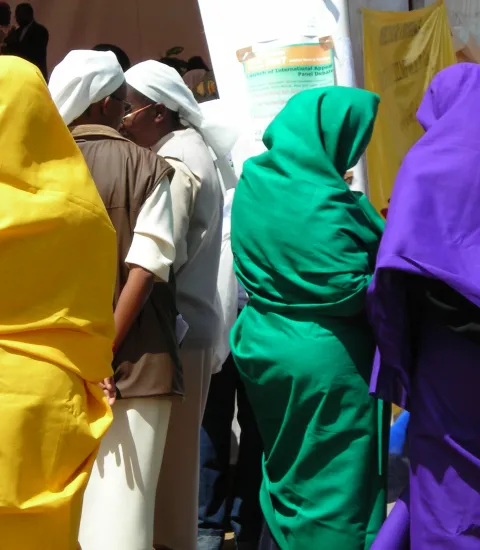
Volunteer-led breast cancer screening in Sudan
Globally, breast cancer is the most common cause of cancer-related death in women. Survival rates vary, from 80% or over in North America, Sweden and Japan to around 60% in middle-income countries and below 40% in low-income countries. The prognosis for breast cancer patients in rural areas of Low and Middle Income Countries tends to be much worse than in urban areas due to a low detection rate, lack of health infrastructure, and low awareness. The Purdue University- Sudan National Cancer Institute pilot project demonstrates how lives can be saved through low-cost and sustainable volunteer-led interventions in low-income rural communities. The use of trained volunteers not only extended the coverage of health care services, but by using local, female volunteers recruited from within village communities, the project also found that cultural and trust barriers were alleviated, allowing for a greater reach of the program. These factors led to an increase in the detection of breast cancer in asymptomatic women, ultimately saving lives and improving health and wellbeing.
- The project found that gaining the trust and participation of local leaders was a key factor in the success of the pilot project. Villages whose representatives attended meetings and sent a volunteer for training had the best screening coverage.
- The success of the project also depended on the commitment of the volunteers, as shown by a variation between villages in the percentage of women screened. Some of the volunteers were very active while others were not, and some expected incentives or rewards for their services.








